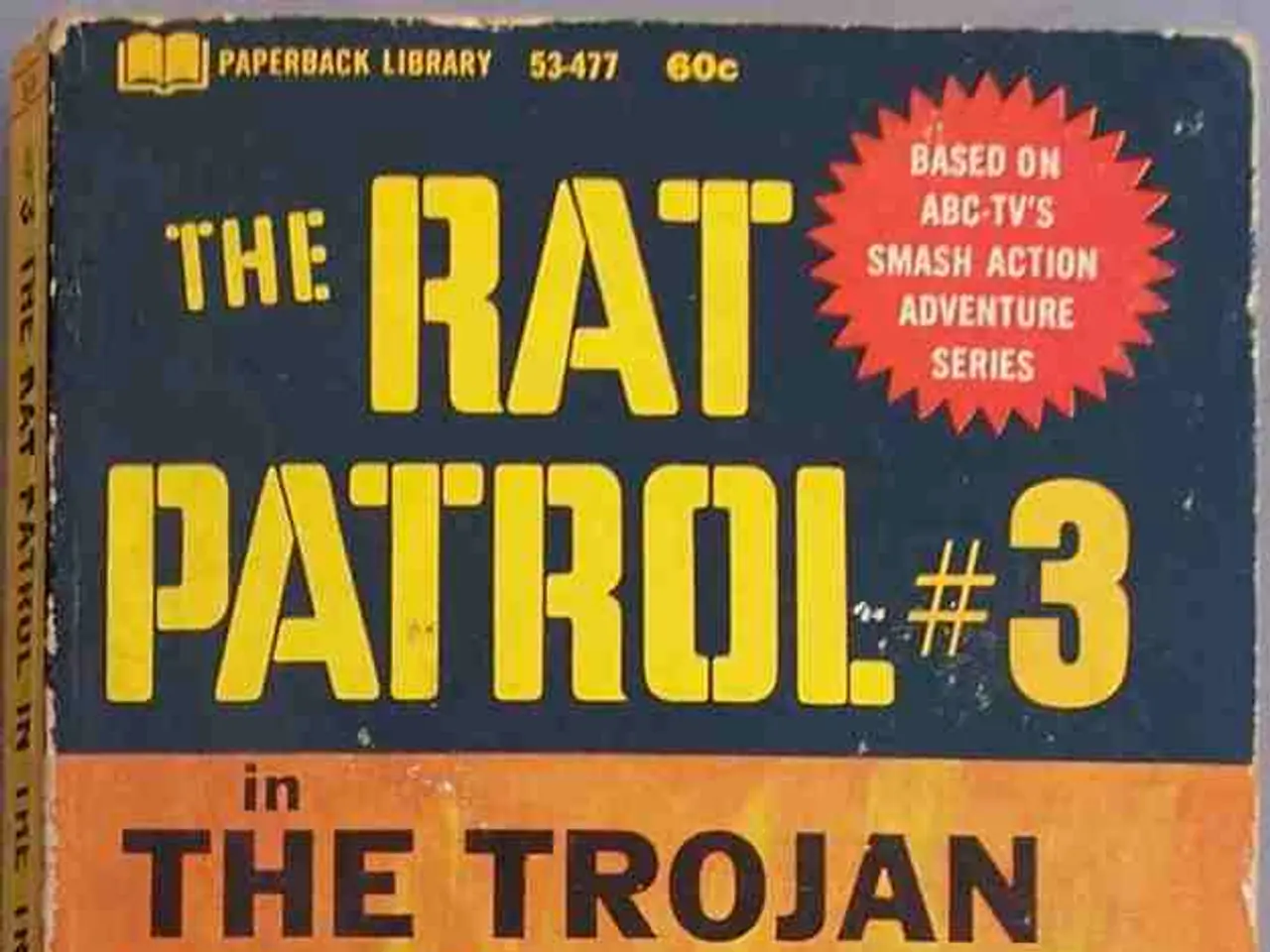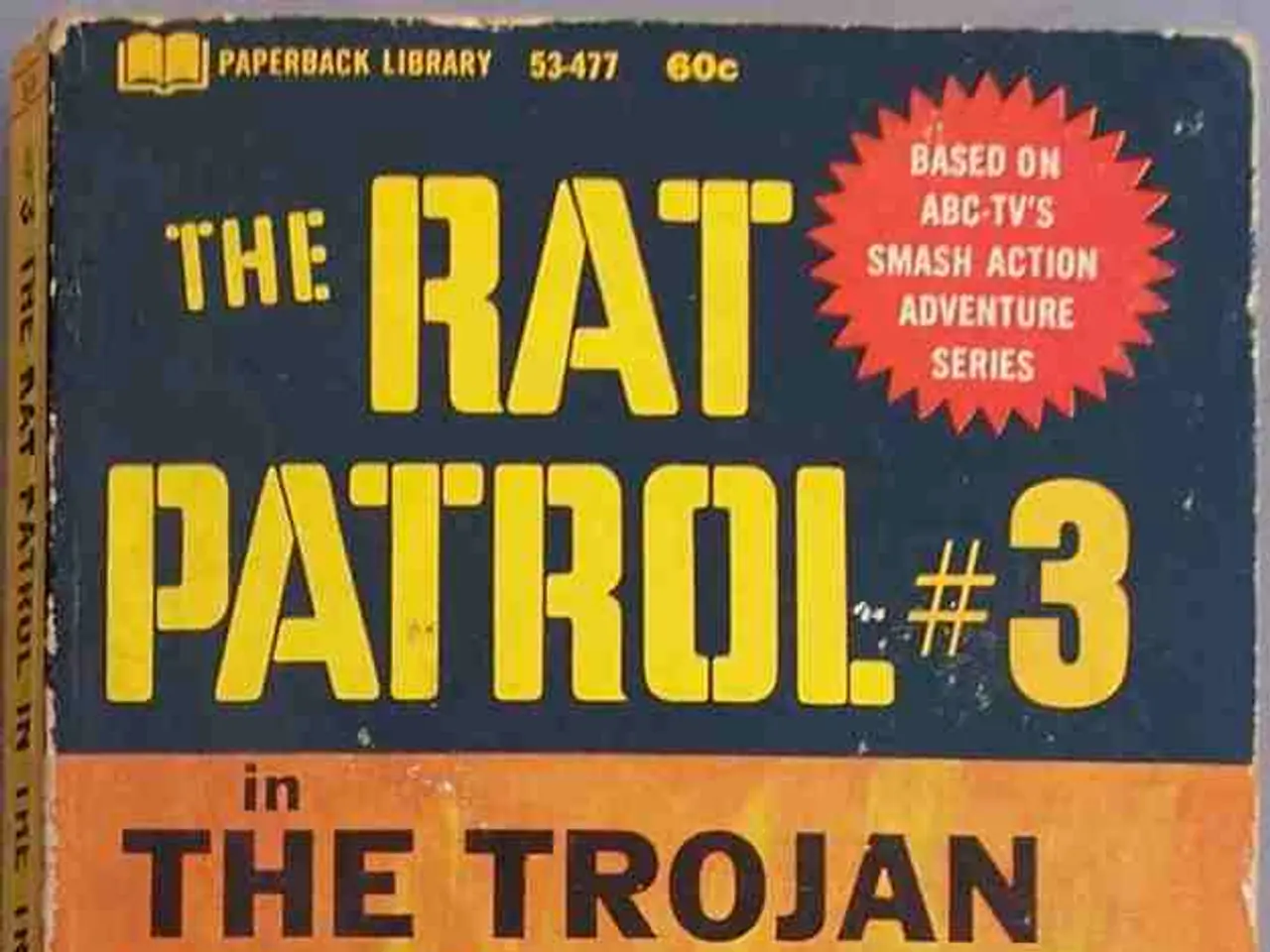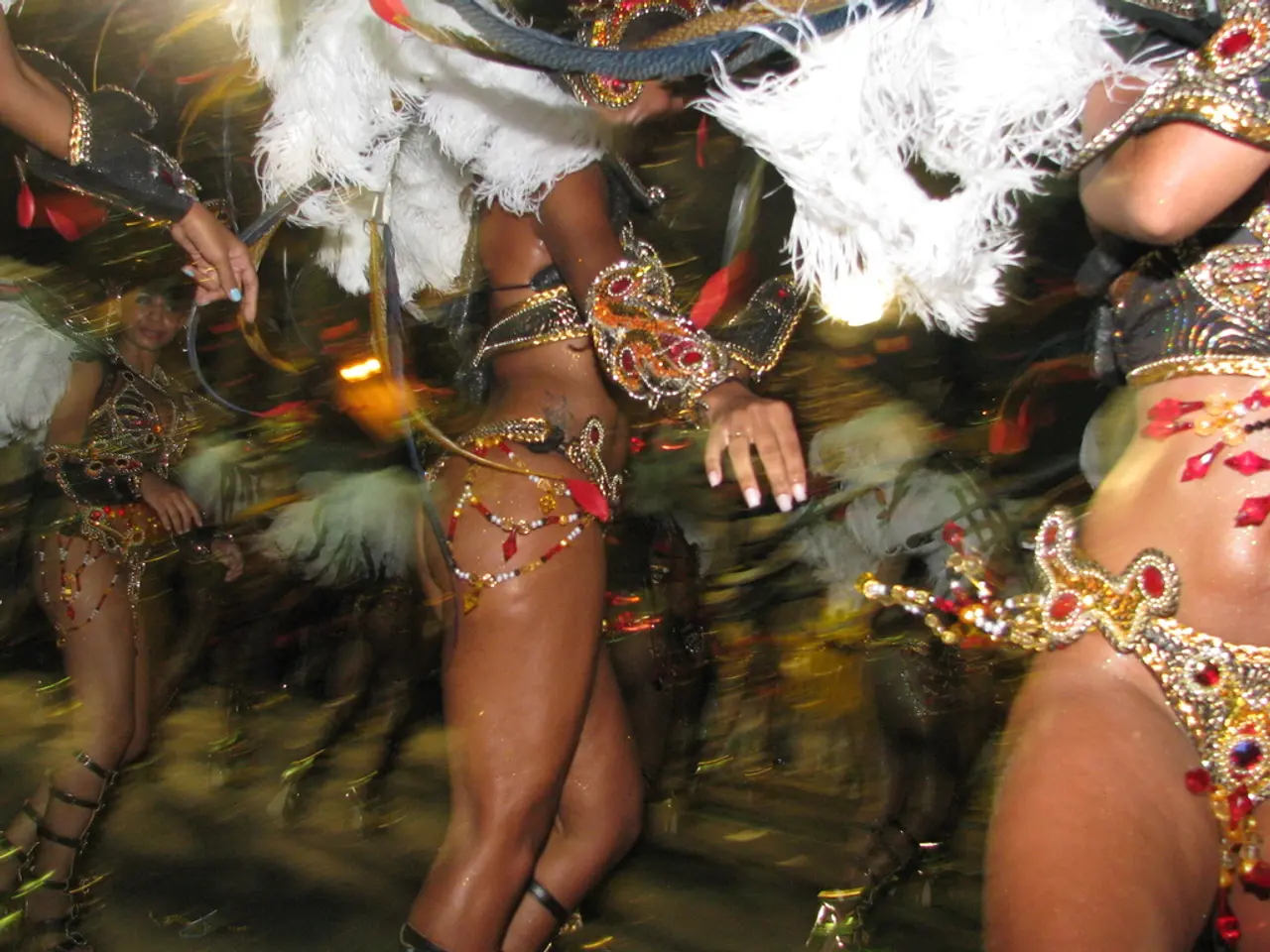Interplay of Politics and Pop Culture: Exploring the Intersection between Public Opinion of Elite Military Units and Civil-Military Connections
The esteem in which former Special Operations Forces (SOF) personnel are held by certain segments of the US electorate is largely due to their demonstrated bravery, patriotism, physical fitness, and exceptional competence during post-9/11 conflicts, as well as their portrayal in popular culture [1]. This has led to what some call a “Cult of SOF,” reinforcing an almost mythic status of these operators in society and contributing to a perception of them as elite warriors who embody national values and military professionalism [1].
The SOF's operational successes, media dramatization of exploits, and cultural fascination with elite military forces have contributed to this high regard [1]. The secrecy, elitism, and perceived mystique around SOF further heighten their appeal and public admiration [1].
However, this admiration has complex effects on civil-military relations. On the positive side, it can enhance public support for the military and respect for defense efforts. On the other hand, the “Cult of SOF” can also foster problems such as unrealistic expectations of military force, an overemphasis on special operations to the detriment of broader strategic needs, and potential alienation between SOF communities and civilian society or conventional military units [1].
Analysts argue that this dynamic necessitates a "reset" in the relationship between special operators and American society, warning that the current reverence may be detrimental to the military institution, the operators themselves, and civil-military balance [1]. It is crucial to separate the SOF community from direct partisan politics to ensure that the level of trust between the nation and its military is maintained.
Popular culture plays a significant role in shaping this relationship. Between 2012 and 2017, box office hits like Zero Dark Thirty, Act of Valor, American Sniper, and Lone Survivor, as well as TV shows like SEAL Team, featured SOF prominently [1]. Television shows like Hawaii Five-0, Magnum, P.I., The Unit, and even a reboot of Superman, feature ex-SEAL backgrounds. Books by authors such as Tom Clancy and Navy SEAL Forrest S. Crowell have also contributed to this portrayal [1].
Conspiracy theories have emerged that mirror the plots of these fictional novels, and some former SOF personnel have written books about survival, physical fitness, combat, self-help, child-rearing, and other topics unrelated to their expertise [1]. Even political action groups, like Special Operations for America, tie combat experience with knowing "how to best keep Americans safe and preserve our way of life." [1]
It is important to accurately represent the diversity within the SOF community in all US DoD publications. In 2022, nine former members of the US Army's Special Forces and six former Navy SEALs ran for congressional seats [1]. Some former members have moved into a career in new media with podcasts or YouTube channels. Anyone can purchase clothing, equipment, or coffee from companies owned by SOF veterans [1].
However, the portrayal of the government as an adversary of both citizens and the military, reminiscent of the stabbed-in-the-back myth popular among some German citizens in the wake of their nation's military defeat in World War I, is concerning [1]. Robin Moore's 1965 account of the Green Berets in Vietnam and the subsequent movie based on the book depicted SOF members in heroic portrayals. After the end of the Vietnam War, the portrayals of SOF in popular media continued to depict them fighting terrorists, communist guerrillas, or even Soviet intelligence forces [1].
Richard Marcinko, a former commander of SEAL Team Six, wrote a series of adventure novels that starred a fictionalized version of himself and some of his friends, depicting SOF members battling both external and internal threats, including cowardly or treasonous US officials [1]. After 9/11, novels like All Lines Black and The Terminal List continued this literary motif, portraying the government as an adversary of both citizens and the military [1].
It is imperative to ensure that the image of the US military in popular culture is nonpartisan, democratic, and a symbol of unity for the nation. The public attention paid to US SOF can inspire young Americans to serve in the military, but it risks fostering a culture of militarism in American politics that is in tension with the model of civil-military relations established in the US Constitution and promoted since the early days of America's founding.
References:
[1] Kohn, A. (2020). The “Cult of the Special Operator”: The Influence of Popular Culture on Civil-Military Relations. Armed Forces & Society, 46(2), 183-204.
- The esteemed status of Special Operations Forces (SOF) is attributed to their demonstrated competence, bravery, and patriotism in post-9/11 conflicts, as well as their portrayal in popular culture and media.
- The secrecy, elitism, and mystique surrounding SOF has heightened their appeal and public admiration, leading some to call it a "Cult of SOF."
- This high regard for SOF can have complex effects on civil-military relations, enhancing support for the military but also creating unrealistic expectations and potential alienation.
- Analysts argue that there needs to be a "reset" in the relationship between the public and SOF to ensure trust between the military institution, operators, and civilian society.
- Popular culture, such as movies, TV shows, books, and even political action groups, plays a significant role in shaping the relationship between SOF and American society.
- It is essential to accurately represent the diversity within the SOF community in US DoD publications and to ensure the image of the US military in popular culture is nonpartisan, democratic, and a symbol of national unity.








